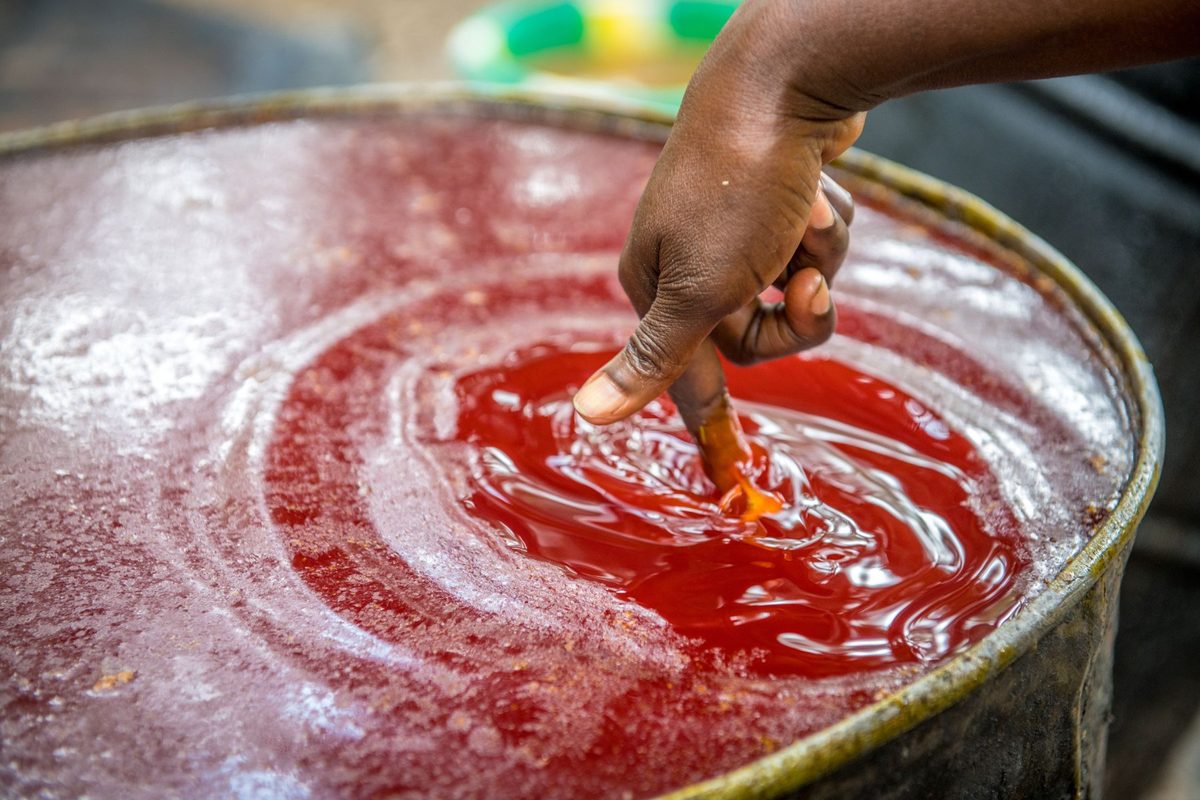Scientists from the University of Bath have made significant strides in developing a sustainable alternative to palm oil that could hit the market by late 2025. This innovation addresses the environmental challenges associated with palm oil production, which is linked to deforestation, biodiversity loss, and greenhouse gas emissions across Southeast Asia, South America, and Africa.
The Challenge of Palm Oil
Palm oil is a ubiquitous ingredient, found in nearly half of all packaged products in supermarkets, often under various aliases like glycerine and stearic acid. As the demand for palm oil continues to rise, valued at approximately $50.6 billion in 2021 and expected to reach $65.5 billion by 2027, the pressure on environmental resources intensifies.
A Sustainable Solution
Under the leadership of chemical engineer Prof. Chris Chuck, researchers have identified Metschnikowia pulcherrima, a yeast that naturally contains around 20% fat. Through a process termed ‘directed evolution,’ they have successfully enhanced the yeast’s fat content to about 50%, significantly increasing its yield. “Not to fat-shame a yeast, but it’s very fat,” Chuck remarked, highlighting the impressive results.
Efficient Production
The production process is straightforward: the yeast thrives in large vats and is fed food waste, like discarded bread and potatoes, transformed into sugars for growth. After reaching optimal density, the yeast cells release oil that can be refined like traditional edible oils. The remaining yeast biomass is repurposed into valuable food ingredients, including natural emulsifiers and soluble fibers beneficial for heart health.
Customizable Properties
One of the standout features of this innovative oil is its versatility. By varying growth conditions such as temperature and acidity, researchers can manipulate the yeast to produce oils with different flavors, textures, and nutritional profiles, effectively replicating multiple types of fats.
Environmental Impact
Prof. Chuck emphasizes the ecological potential of this advancement, stating, “If we do this correctly, we can stop tropical forests from being cut down.” Currently, palm oil cultivation occupies land equivalent to Argentina, which poses a significant threat to global ecosystems. The yeast-based alternative could significantly reduce greenhouse gas emissions, producing 95% less carbon dioxide compared to traditional palm oil farming.
Future Outlook
With a production model that allows for local manufacturing, this yeast-derived oil could feasibly be produced near urban centers, using local waste materials efficiently. Early applications in cosmetics are anticipated by the end of 2025, with food products to follow closely thereafter.
Key Takeaways
- Researchers at the University of Bath have developed a yeast-based alternative to palm oil.
- The new oil enhances sustainability by significantly reducing the need for land and lowering greenhouse gas emissions.
- Production leverages food waste and allows customization of oil characteristics to suit various applications.
- The commercial introduction of this innovative oil could revolutionize how the food and cosmetics industries approach sustainable ingredients.







